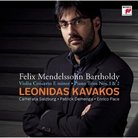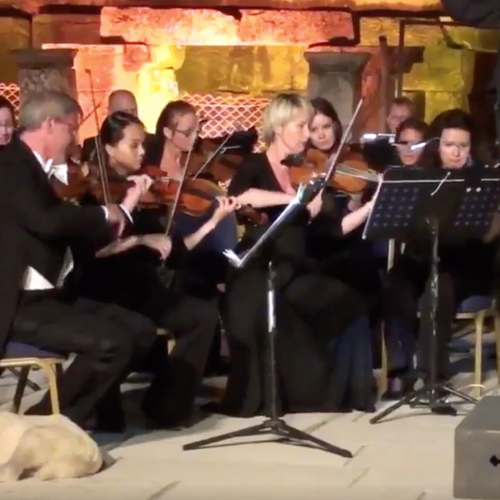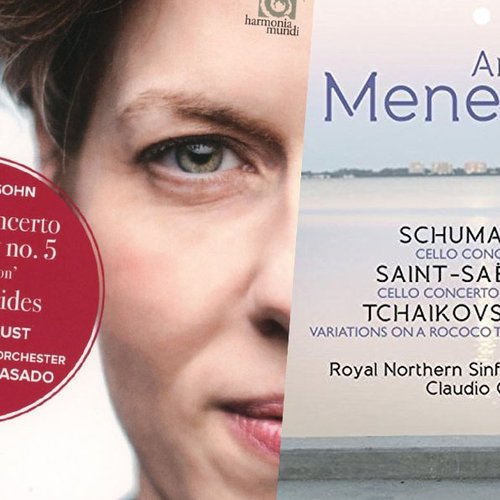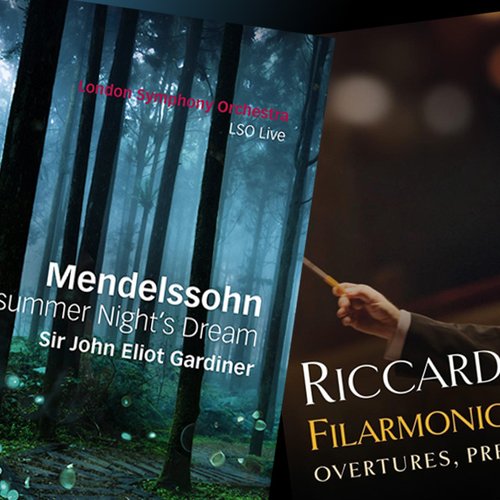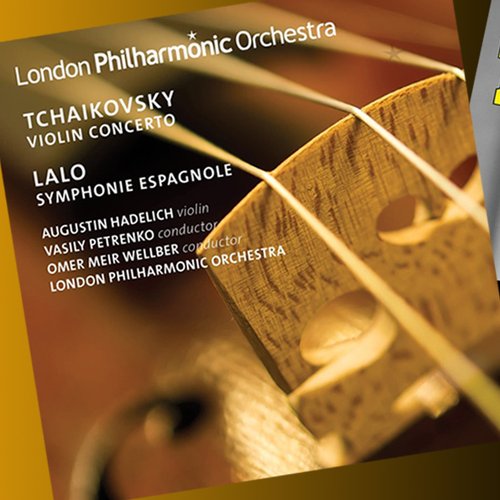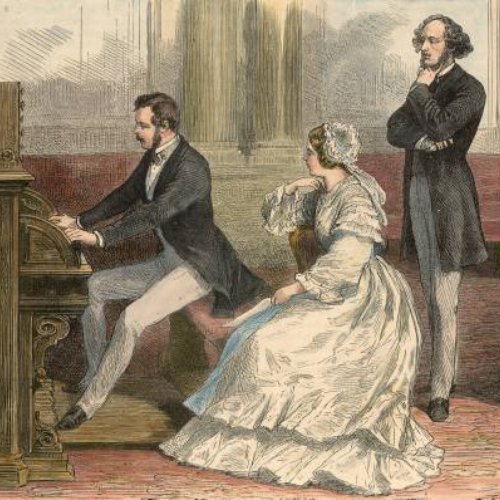Mendelssohn: Genius In The Genes?
Though his musical genius is indisputable, Felix Mendelssohn wasn’t the only talent in his family. As his great-granddaughter Cécile reveals, the family was a gifted bunch...
When Felix Mendelssohn died on November 4, 1847 he left a wife, Cécile, and five children. His progeny inherited a large number of artistic masterpieces, a deep-felt appreciation for the beauty of the world and a particular physiological condition.
“Seasickness. It’s gone down the generations,” says Cécile Stheemann (aged 73), née Mendelssohn Bartholdy, the composer’s great-granddaughter whom I have come to visit at her apartment in Eastbourne. “Felix must have felt awful on the boat to Fingal’s Cave. He didn’t actually see the island in the end as he couldn’t bring himself to look over the side!”
Cécile is short and spritely; a pair of gold-rimmed spectacles are perched on her fine features that, from the portraits she is surrounded by, appear to be a Mendelssohn family trait.
“Felix loved nature – the colours, the changes,” Cecile continues, showing me one of the composer’s paintings, a striking watercolour of an Italian landscape. The apartment is full of pictures and family portraits: a sketch of Hampton Court from Felix’s diary, a caricature of him conducting, the famous likeness of Felix by Eduard Magnus, Felix’s wife Cécile, and, in pride of place, Felix’s grandfather, Moses Mendelssohn (1729-86), who was immortalised by Lessing in the play Nathan the Wise.
“In the Mendelssohn family,” says Cécile, “Moses is more famous than Felix, who was only a composer, and somewhat lightweight, too, next to the great Germans. Moses, though, was a philosopher.”
Felix’s library, which now sits in Cécile’s bookcase, includes a collection of his grandfather’s writings, each volume signed on the flyleaf with the composer’s exquisite monogram.
Cécile spreads out the Mendelssohn family tree on the table. Roughly half the family, descended from Felix’s brother Paul (1812-74), is in banking and is distinguished by the hyphen between Mendelssohn and Bartholdy (a baptismal name indicating Protestant conversion). Felix’s half of the family (no hyphen) is in commerce. The most prevalent Christian name is Paul; almost no one is named after Felix. He’s also unusual for having been a professional creative artist.
Felix’s son Paul (1841-80) turned his inherited love of colour to advantage by founding the dye manufacturing company IG Farben. Under his son Paul (1879-1956), Cécile’s father, the business prospered spectacularly. Paul Mendelssohn met Cécile’s English mother, Dolly Nauheim, at a Swiss ski resort; they married in 1921.
“My mother was talented: she played the piano, sang and spoke foreign languages. She loved living in Berlin with all its fashion and the excitement.”
Cécile, an only child, was born in Berlin in 1933, in the months after Hitler came to power.
“I remember almost nothing of that time because I was so young, but I think life must have been getting difficult because we made increasingly frequent trips back to London.”
Cécile grew up knowing that it was a patriotic act in Germany to despise her family.
“The Nazis banned Felix’s music,” she says. “In Leipzig a soldier was sent to tear down his statue but he didn’t know which one. ‘The most Jewish-looking one, of course’ he was told. So he went ahead and pulled down Wagner’s!”
The family left Germany in 1938 – Cécile and her mother first, Paul following at the end of the year. The Nazis took over their company and demolished their house. Though homeless and jobless, Cécile’s father managed to get the Mendelssohn heirlooms out of Berlin. Cécile opens a safe to show me Felix’s Legion d’Honneur and a brooch from Queen Victoria.
After the war, the family returned to their old haunts, where Cécile met her husband Sape Stheemann. They had two sons, the elder taking the family name, Paul.
“We’re not a musical family,” says Cécile, although she bases this judgement on different criteria from most. She knows the works of her great-grandfather very well; her favourite pieces are the String Octet, Felix’s first masterpiece, and the “Italian” Symphony.
I ask, for comparison’s sake, if she knows the symphonies of Schumann, whom Mendelssohn championed. “Ah,” she says.” Father said I shouldn’t listen to Schumann. He thought it not right for a young girl – all that madness. He wasn’t musical either but he was musically educated.”
In the Mendelssohn family view, there are more important things in life than music – and who can deny that it is not of greater value to establish a business than to write a symphony? “Blessed are the wealth creators,” said Margaret Thatcher. Her biography occupies the shelf beneath the works of Moses Mendelssohn.
“I am sorry I haven’t been of much help,” says Cécile, at the end of our conversation. I insist the contrary is true. “But there are so many things I’d like to know too and don’t,” she sighs. “Where’s the manuscript of A Midsummer Night’s Dream? How exactly did Felix discover the St Matthew Passion? What did he really die of? I never asked the questions when I could have done. We spend so much time with people of previous generations, don’t we? But we still end up knowing very little about them.”



